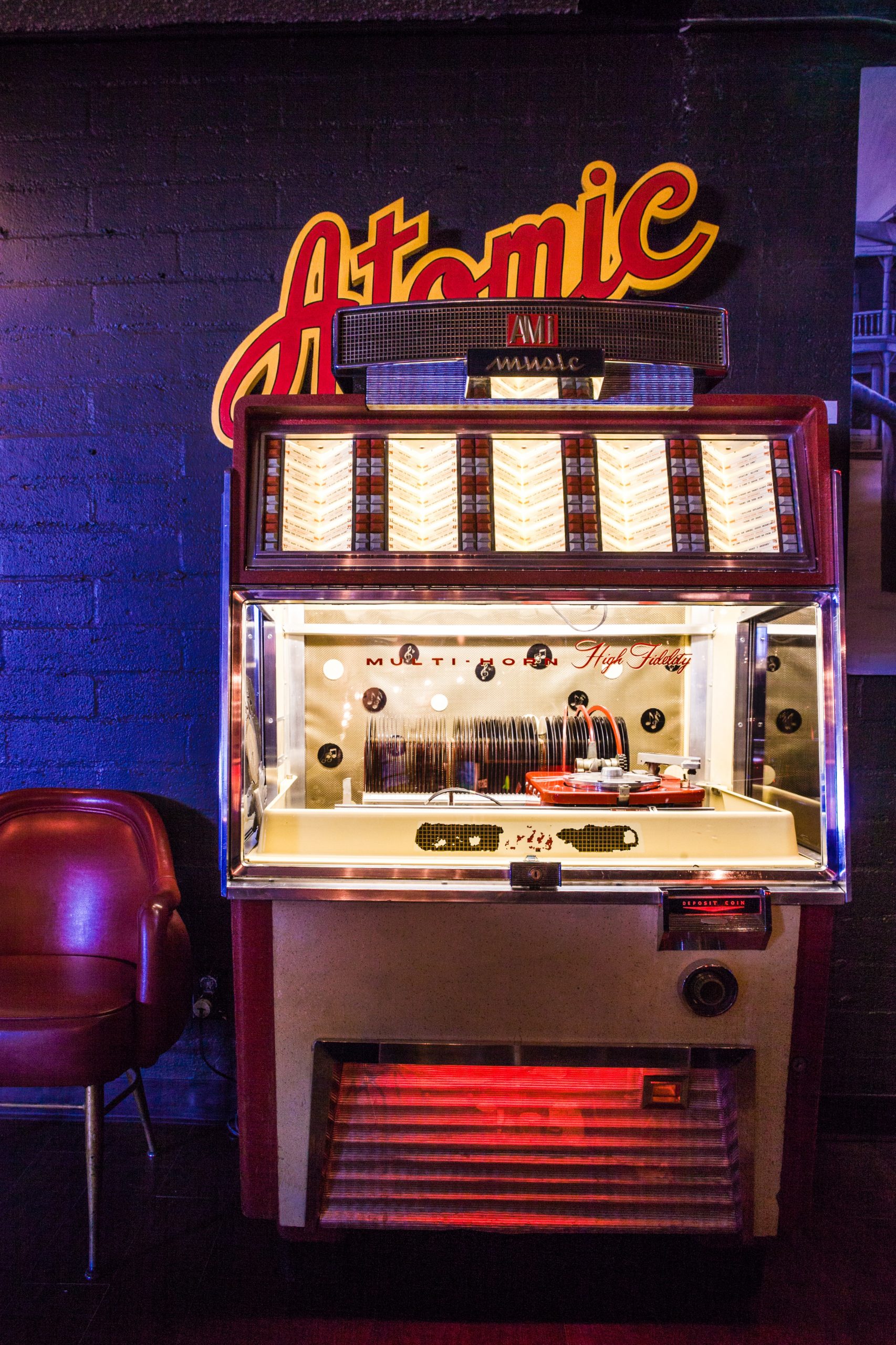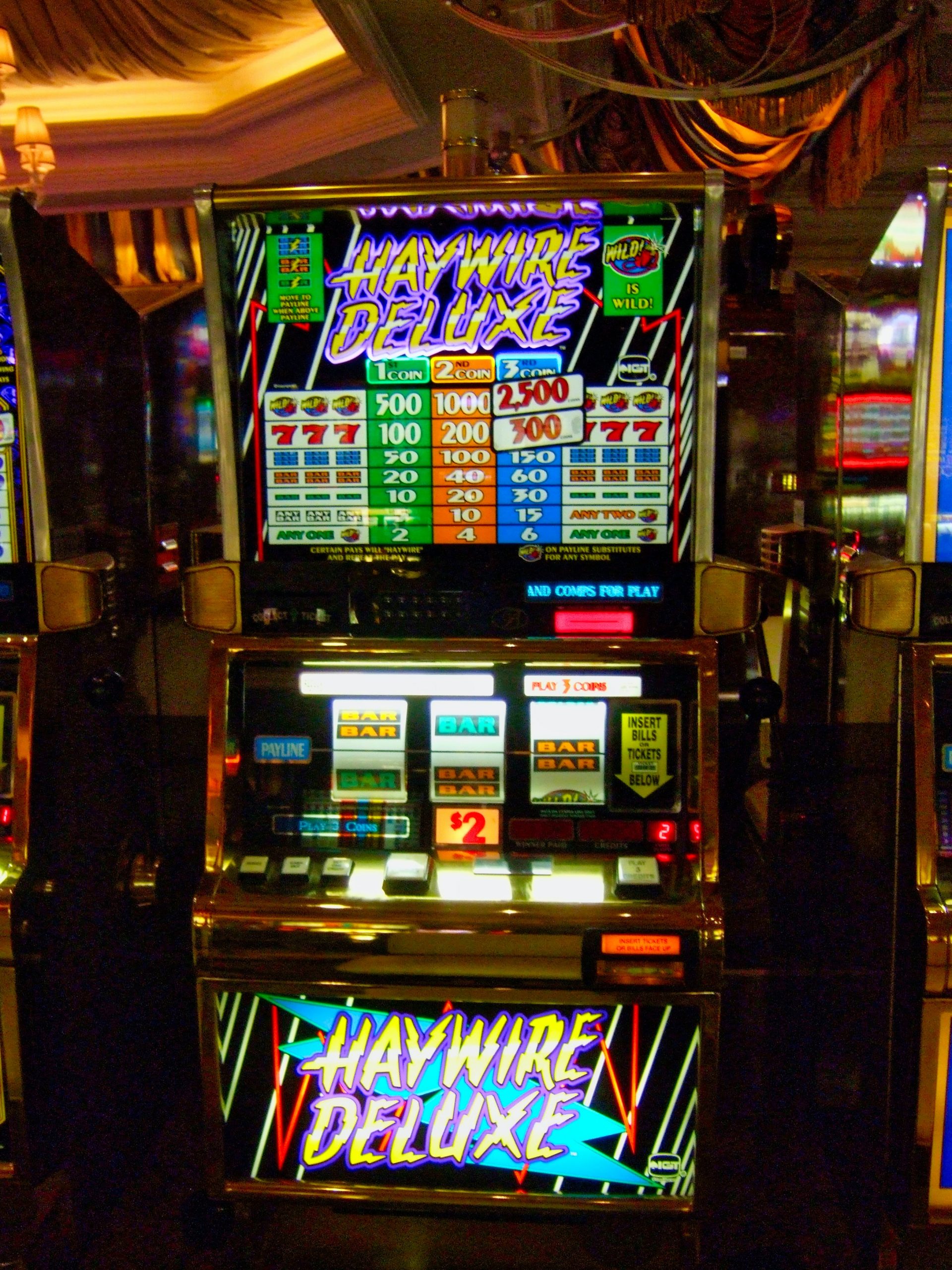Gambling can be explained as an activity whereby a person risks great importance and value on the mindset that something of greater value would be gotten through the risk. Gambling is popularly called a GAME OF CHANCE. Gambling after several decades has grown to become a booming industry. Daily people are engaging in one form of gambling or the other, believing that more would be obtained once a win is gotten. The element of risk in gambling makes it more appealing to the in-built risk nature of man. You can check this out to have a complete overview of best online casinos.
Over the years, many cultures have expressed different stands on the issue of gambling. To perfectly understand the history of gambling, an overview of the best online casino is considered. Some customs have considered this game of chance to be corrupt, sinful, legal, and illegal. Although gambling is referred to as the game of chance, some gambling like sports betting required some form of skillfulness and experience on the players for a big win. Lawmakers in the United States of America (USA) are still struggling with gambling’s legality and illegality.
They are at a loss as to which aspect of gambling should be legalized. In an article published by Dan Seligman in the Forbes magazine, Americans spend approximately $900 billion on gambling annually. Considering these high figures, it is very important to ask why people gamble. Some people are of the opinion that risking something of high value based on uncertainty is simply an irrational decision. Psychologists have enumerated the major reason for gambling as excitement, the fun of the activity, the lure of the money involved, peer influence.
Gambling in the U.S. can be carefully traced to pre-colonial times. Native Americans are fond of playing this game of chance in tribal celebrations and ceremonies. The oldest game of gambling is putting the dice in a cup and rolling it off the floor. Plum stones with markings were used as dice in those days. Bets were also known as Wagers, were placed before the game started, and scores were determined and ranked according to the addition of markings that appeared after a throw was made. This game of dice is called the hubbub by the New England people. From 1848-1855, the Gold Rush game, commonly referred to as the California Gold Rush, saw many ambitious and young Americans and around the world participating in this gold gamble.
At that time, NewOrleans emerged as the nation’s top gambling center. Horse racing was also a popular gambling game among the elites of the south. The coming of the Civil War destroyed people’s interest in the sport. In 1917, REformers pioneers by the Protestant Christian movement succeeded in establishing a state law in Chicago restricting the influence of gambling. Southern Maryland in the year 1949 was popular for its slot machine gambling which operated legally.
Horse racing did not just stop in the south, but Cleveland also has a long history. In the 1860s, elites worked tirelessly to keep gambling at bay. The Mayfield Road Mob, located in the Little Italy district, became a thorn in the local authorities’ flesh at that time. Gambling in the USA has a long history of acceptance and rejection as gambling has been legalized and played in over 18 states in the U.S.
Conclusion
Gambling is legal under U.S. federal law, but there are some restrictions on interstate and online gambling. Every state in the U.S. is given the autonomic power to regulate gambling within the state. Casino gambling, the most popular method of gambling, is played in 18 states in the U.S. Some of them are Colorado, Indiana, Nevada, New York, Ohio, Dakota, West Virginia. e.t.c


